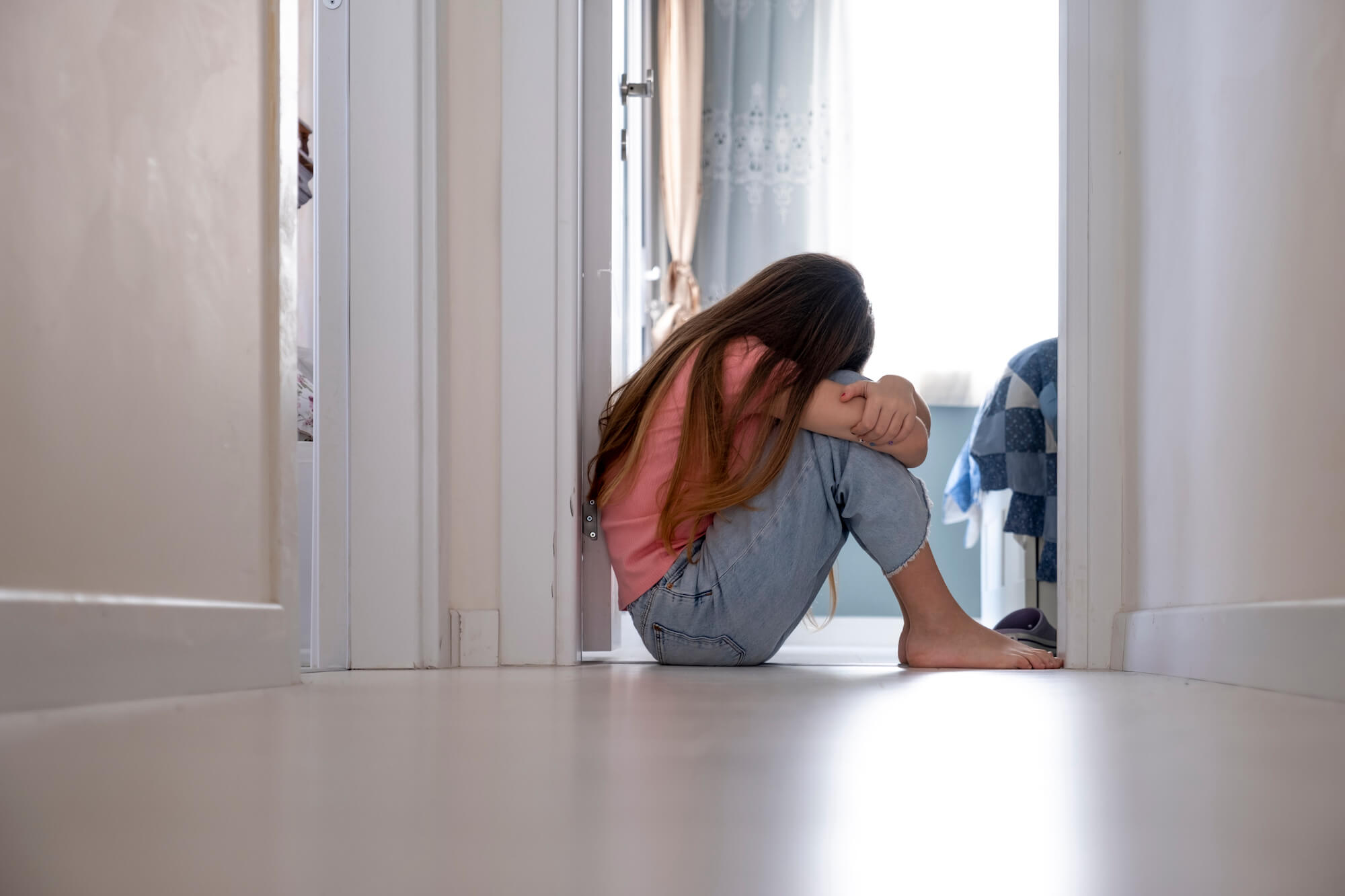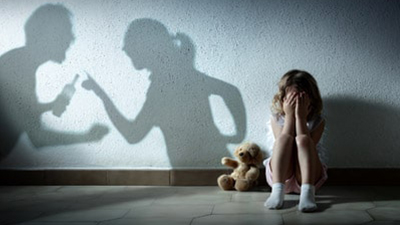Ensuring effective safeguarding before, during and after school holidays

One of the most worrying aspects of the safeguarding role is; how do we ensure our known vulnerable children are safe during the school holidays?
When schools break up for holidays, Designated Safeguarding Leads up and down the country will have concerns for children whom they won’t be able to have ‘eyes on’ for a period of time.
The school holidays, such as the Christmas break, place additional pressures on families often leading to an increase in safeguarding concerns. We know this can leave some children in extremely vulnerable situations. Vulnerability may be exacerbated by:
- Financial vulnerabilities such as fuel and food poverty, affording additional holiday related spend;
- Increased relationship tensions and stresses, leading to family disputes and /or mental health issues;
- Increased exposure to domestic abuse, substance abuse;
- Increased e-safety concerns of cyberbullying, exposure to potential grooming / exploitation or radicalisation;
- Other contextualised safeguarding issues outside the family unit that arise in the time away from the structure and safety of school.
In this article we explore the three key elements of practice - Prevention, Intervention and Response.
Prevention: what to do in the run up to a school holiday
- Ensure Information sharing: It is vital that all staff are made aware to be extra vigilant, especially for those children that may be most vulnerable or at risk, by observing and recording any changes in behaviour or issues. Safeguarding teams must then put robust safety plans in place, including updating any external services currently involved with families, such as social care or Early Help.
- Educating all children on potential risks, such as reminders about online safety, physical risks as well as personal safety. This includes embedding the message to children that it is okay for them to say 'no' if they feel unsafe or unsure, and ensuring that they know how to contact emergency services, relevant local support services and other helpline services such as Childline if needed.
- Providing all parents and carers with contact details of local and national organisations and charities that can offer relevant support such as food banks, debt management, mental health crisis care, social care, substance abuse or bereavement support. Domestic abuse and / or violence is one of the main themes featuring in safeguarding situations, so it is essential that details of local and national support services are known and shared. This includes contact details for the specialist Police teams.
- Designated Safeguarding Leads (DSL) must ensure that all details of children on plans have up-to-date contact details as well as the contact details of all relevant agencies or partnerships working with these families. They should ensure that they can access these details whilst they are away from school in the holidays in case of an emergency. This must be done without contravening GDPR e.g. saved as a password-protected document or accessible by a secure online platform and shared with the identified senior member of staff who will monitor communication throughout the holiday if not the DSL.
- DSLs should also ensure they have an up-to-date list of contact details for local links such as Police, social care & MASH, Local Safeguarding Children’s Board or partnership, contacts of any lead professionals or social workers, signposting directories, third sector charities and organisations etc. which they can access whilst away from school.
Intervention: What to do during a school holiday
- Ensure families in receipt of specific interventions or plans have a key contact from a service that they can contact if required e.g. social worker or organisation or the school mobile of DSL (if deemed appropriate).
- Ensure social care or the lead worker’s involvement will be ongoing and will be the family’s first point of call.
- Having nominated senior members of staff, to regularly check for any alerts which may have been sent through e.g. domestic abuse / violence alerts from Police, correspondence from social workers or families, and take appropriate action where necessary. We should be guided by Keeping children safe in education (KCSIE) 2022 Annex B which states:
Availability
During term time the designated safeguarding lead (or a deputy) should always be available (during school or college hours) for staff in the school or college to discuss any safeguarding concerns. Whilst generally speaking the designated safeguarding lead (or deputy) would be expected to be available in person, it is a matter for individual schools and colleges, working with the designated safeguarding lead, to define what “available” means and whether in exceptional circumstances availability via phone and or Skype or other such media is acceptable.
It is a matter for individual schools and colleges and the designated safeguarding lead to arrange adequate and appropriate cover arrangements for any out of hours/out of term activities.
Response: What to do following a school holiday
- Be mindful when planning any whole class or group topics related to the holiday experience. If undertaking such activities, they should be sensitively managed.
- Check in with each identified vulnerable child, being mindful of their feelings and experiences when discussing their break from school. This may be very different to the experiences of their peers. Be vigilant of any signs and symptoms that they may display and to what they may have heard or seen.
- Be prepared and aware that there may be an increase in disclosures from children on return to school.
We would all hope that children’s experiences of holidays are fulfilling and safe however, the reality is that for many they lose the ‘safe haven’ of school life and such times immerse children into anxious, difficult, unpredictable, and sometimes unsafe environments. This is why we need to be mindful and most importantly, prepared.
SSS Learning Safeguarding Director












